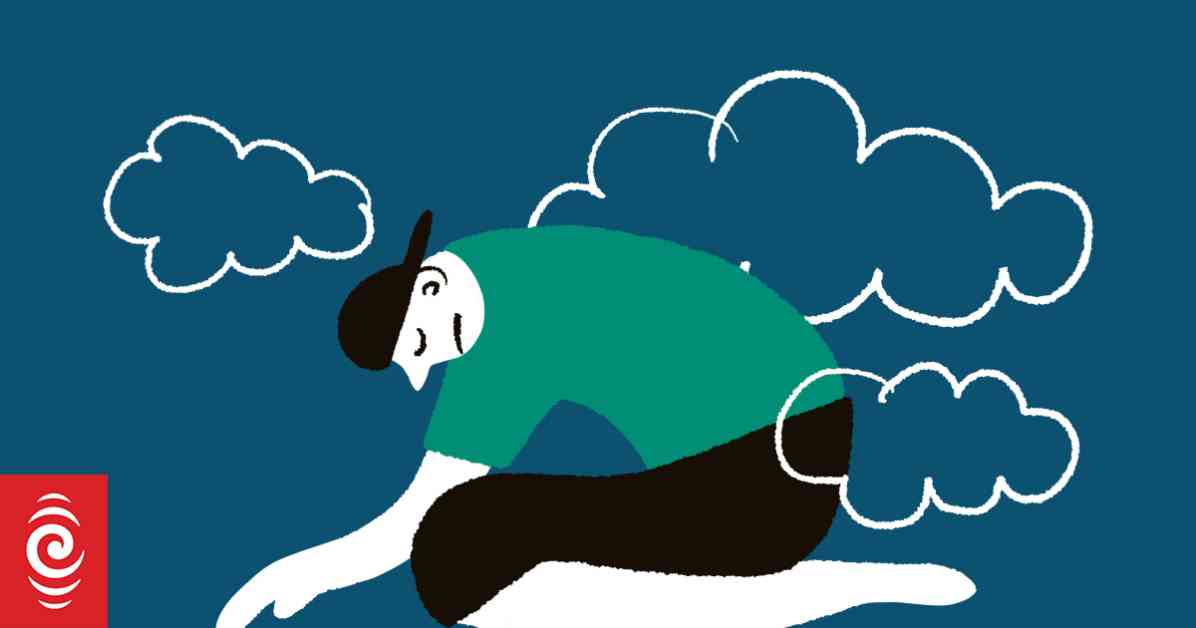Staggering Decline in Mental Health and Addiction Services Access Revealed
In a recent report by Te Hiringa Mahara-Mental Health and Wellbeing Commission, startling statistics emerged, shedding light on a concerning trend in New Zealand’s healthcare landscape. The data unveiled a significant decrease in the number of young people accessing specialist mental health and addiction services, despite a clear uptick in demand. The figures, released just today, paint a grim picture of a system struggling to keep pace with the growing needs of its population.
Youth Bear the Brunt of Service Shortages
Among the most alarming revelations is the fact that over 16,000 fewer individuals received specialized care in the year leading up to June 2024, compared to the peak observed in June 2021. Of this staggering number, a substantial two-thirds, totaling more than 10,000 individuals, were young people under the age of 25. This decline in access is particularly worrying, given the rising levels of distress and mental health challenges faced by the youth in New Zealand.
Karen Orsborn, the Chief Executive of the Commission, expressed deep concern over the diminishing accessibility of services, highlighting that the drop was not due to a decrease in demand but rather a result of workforce shortages and the growing complexity of individuals’ needs. The inadequacy of support for young people, in particular, poses a significant challenge, as the rates of distress among this demographic continue to soar both nationally and globally.
Addressing the Gaps in Mental Health Services
The report also noted a general downward trend in the overall number of individuals accessing mental health services, contrasting with a slight increase in addiction services. This shift highlights a pressing need for targeted interventions and strategic workforce planning to bridge existing gaps and ensure equitable access to care for all demographics. The access rate across the population dipped to 3.3 percent in 2023/24, down from 3.4 percent in the previous year and 3.8 percent in 2018/19.
Looking Ahead: Recommendations for Change
In response to these troubling findings, the Commission put forth a series of recommendations aimed at catalyzing urgent improvements in critical areas of mental health and addiction services. These proposals include a comprehensive study to better understand the prevalence of mental illness among young people, a critical step towards tailoring interventions to address their unique needs. Additionally, collaborative efforts involving government agencies, health organizations, and community stakeholders are essential to enact meaningful change and enhance access to care, especially for vulnerable populations like young people.
As the healthcare sector grapples with mounting challenges and evolving demographics, the call for decisive action and concerted efforts to bolster mental health and addiction services grows louder. It is imperative that stakeholders at all levels heed this call, working together to build a more resilient and responsive healthcare system that can meet the diverse needs of all individuals and communities. The future of mental health and well-being in New Zealand hinges on our collective willingness to confront these issues head-on and forge a path towards a more inclusive and accessible healthcare landscape.





